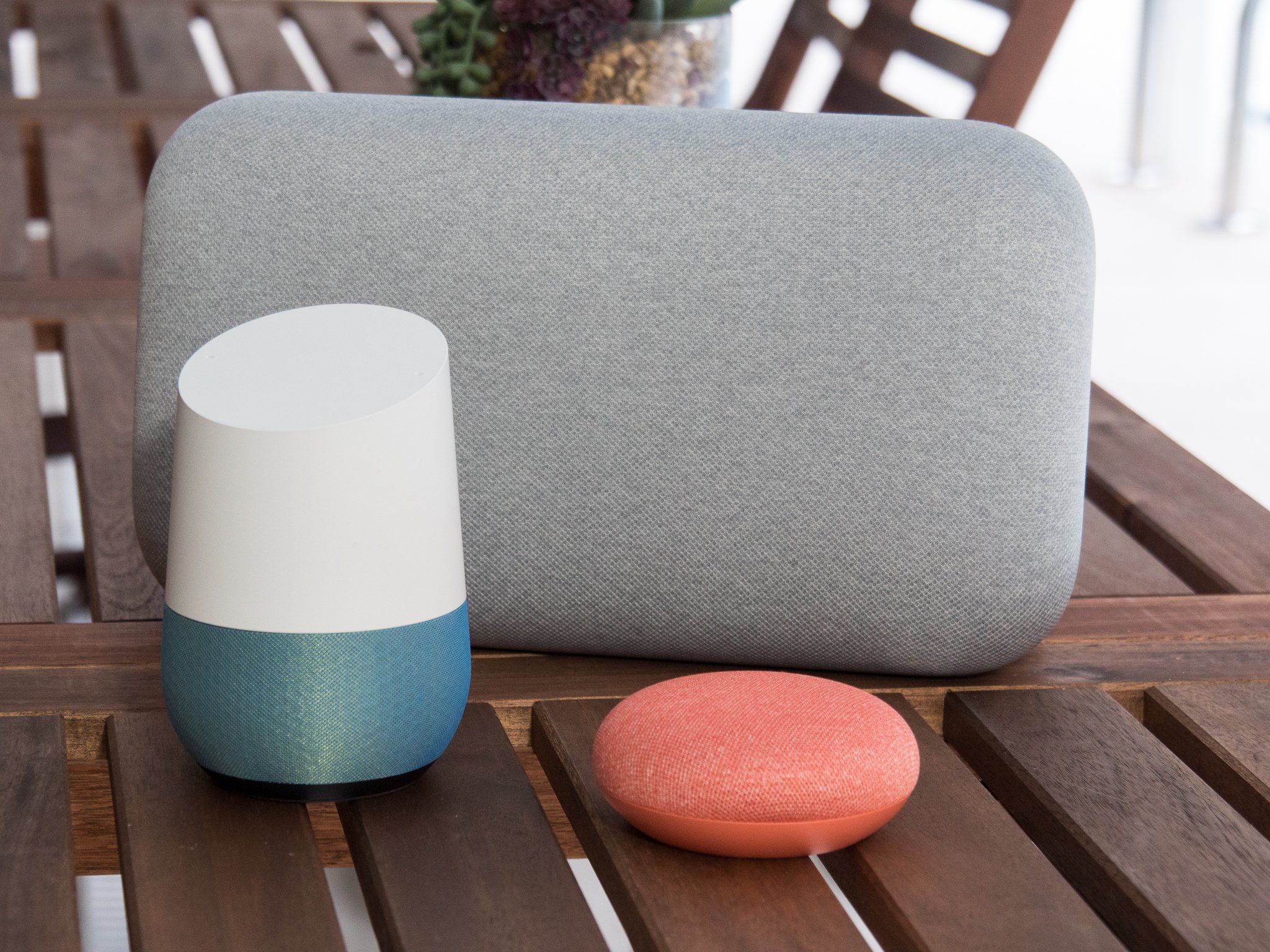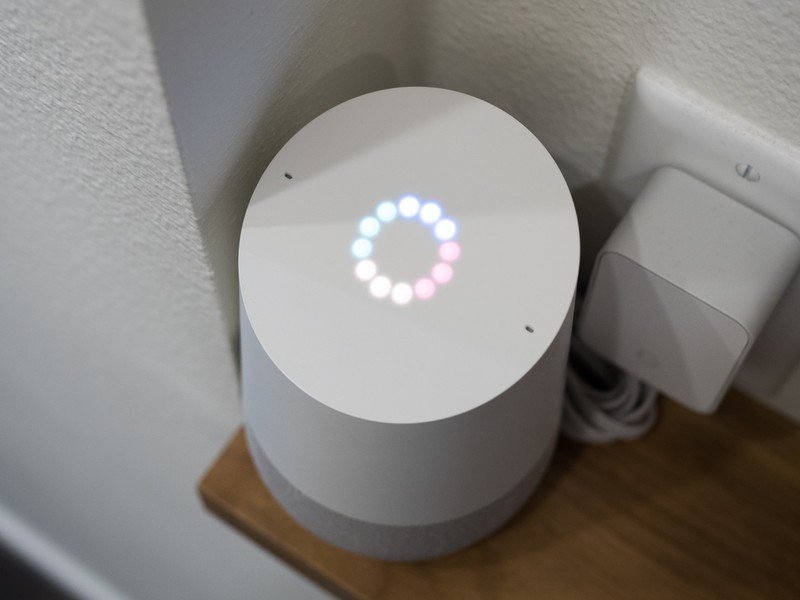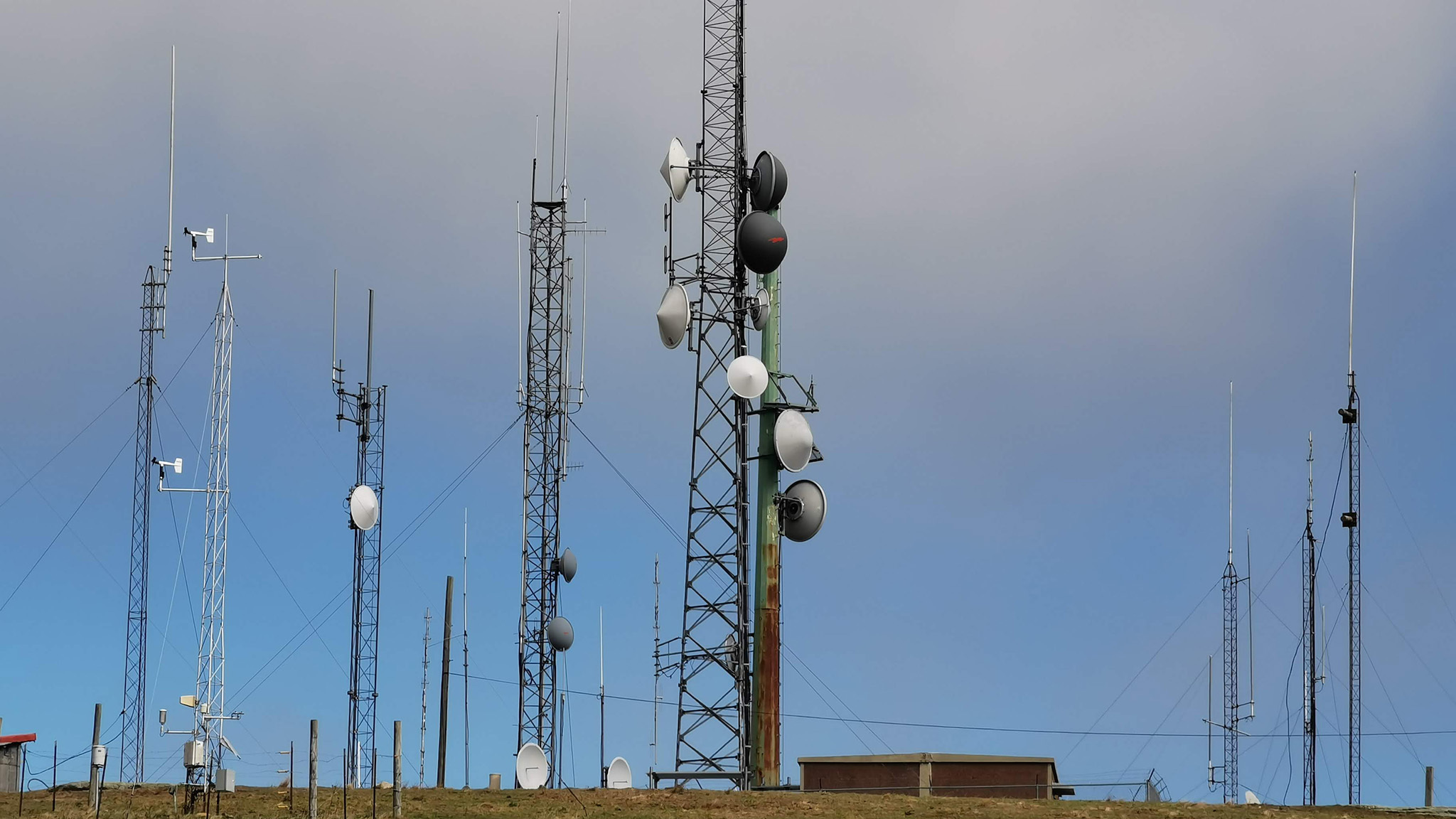The best way to improve your Google Home experience is to stop talking to it like a computer

In case you haven't heard, voice control interfaces are the future. Whether it's Google Assistant on your phone, an Amazon Echo in your kitchen, a microphone-filled remote for your TV or whatever, more and more of technology nowadays expects you to talk to it. And in the cases of some of these tools, talking is the only way to interact with the system. The problem is, it doesn't always feel natural to talk to a computer, especially after we've experienced failed attempts to get these internet-connected "assistants" to listen to us through their array of finely-tuned microphones.
So even though Google Assistant is getting better and better at recognizing "natural" speech, as its end goal is to understand and converse just like a human would, we end up talking to it like it's a computer — because it is! We speak loudly at a consistent and slow pace. We take unnecessarily large pauses between phrases. We talk to these assistants like they're babies who don't yet have a deep grasp of our language.
But I'm here to give you a tip for talking to the Google Assistant on your phone or to Google Home: just speak to it like you would a person.
Put aside all of your preconceived notions about how bad Google Assistant is at recognizing your voice. Forget those times when it misheard you or didn't hear you at all. Those things happen, and no failed attempt influences whether the microphone will hear you the next time. Talk to the Google Assistant the way it's expecting to be spoken to: like a human querying another human.
When you say "OK Google" you don't have to pause before giving your command. If your phone or Home heard "OK Google," then it's ready to listen to everything else — even if you don't see the lights on the Home or your phone's screen light up right away. Yes sometimes the Home or phone doesn't hear your wakeup phrase — but that doesn't change whether you wait to find out or just give it your command and find out later. The voice recognition is improving all the time — both for the wakeup phrase and for subsequent commands. There's no reason to waste your time pausing for every wakeup just for the off chance that it won't hear you.

Also, talk at a normal volume. Google is designing the Assistant to listen for and respond to natural language commands, not a special-coded message string said slowly at a near-shouting voice. Likewise, the microphone hardware in devices like the Home and modern phones are designed to hear you at a normal volume level in real-world ambient noise situations. These are finely-tuned devices with software to match, and these companies are on the right track when it comes to designing these products to work with the way we talk, not the other way around.
This is going to feel weird at first. And some of us will never get used to talking to a speaker or our phone as if it's a person. But in the long run, it's the best bet to have these systems work the way we expect. This generation of Google Home or Amazon Echo may not catch your wake phrase every time — or may trigger accidentally sometimes — and won't understand every command you give, but it's far better than we're giving it credit for. And shouting at these devices or speaking to them like they're children doesn't help the products improve — but adds to our frustration in the meantime.
Be an expert in 5 minutes
Get the latest news from Android Central, your trusted companion in the world of Android
If we change our side of the interaction, we're all one step closer to making these virtual assistants the science fiction future we fantasize about.
Andrew was an Executive Editor, U.S. at Android Central between 2012 and 2020.

